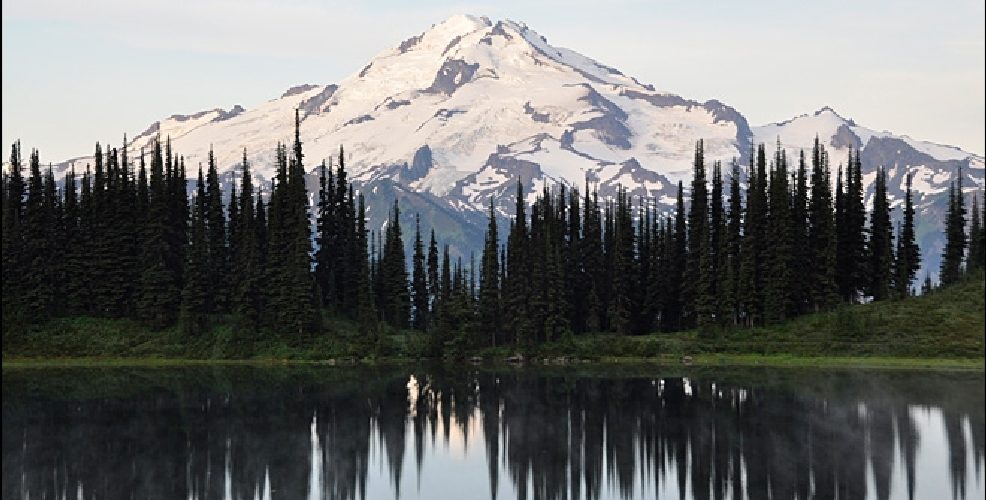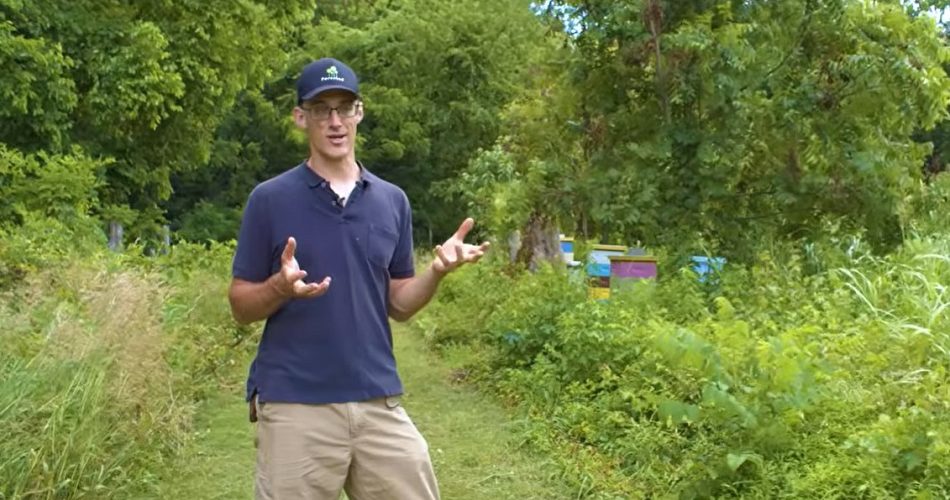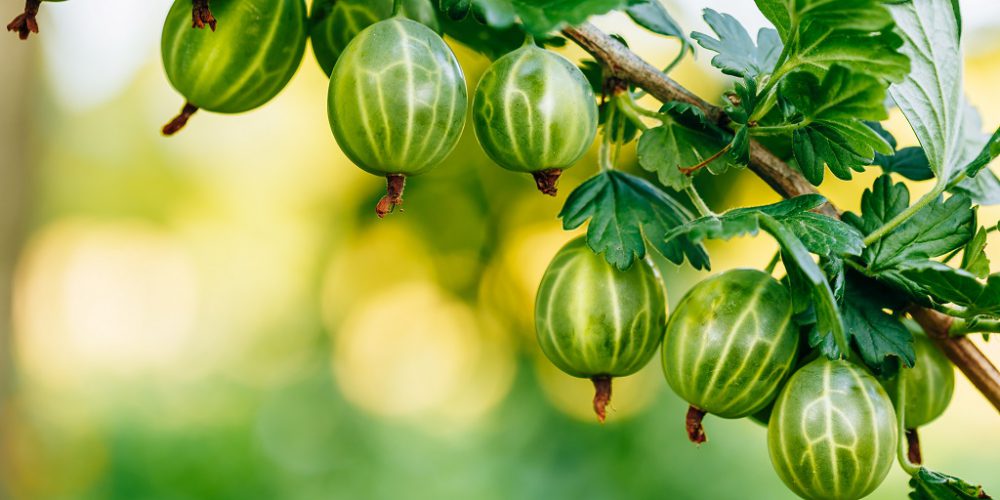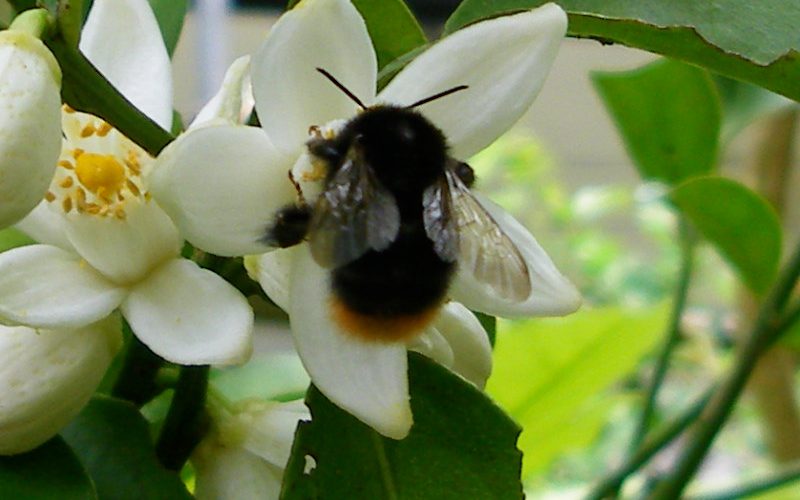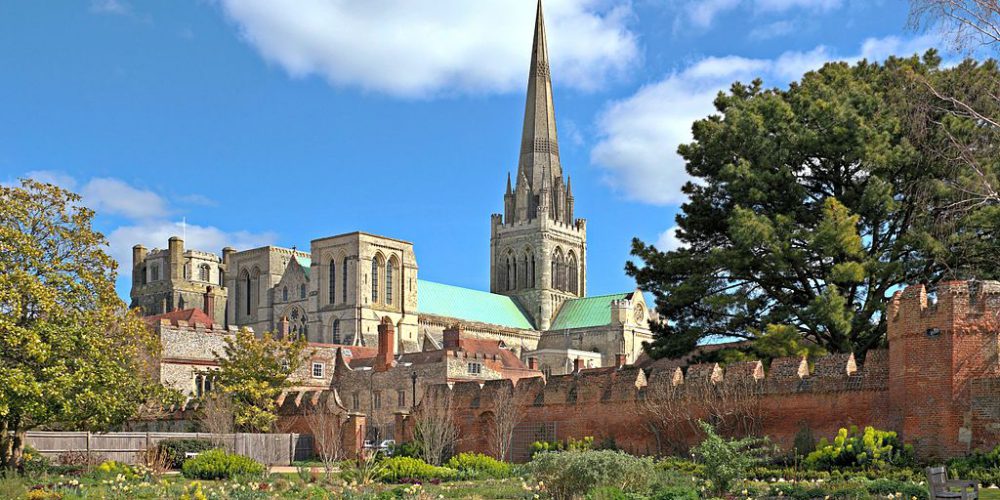Britain’s coral reefs and marine wildlife are equal to their tropical counterparts
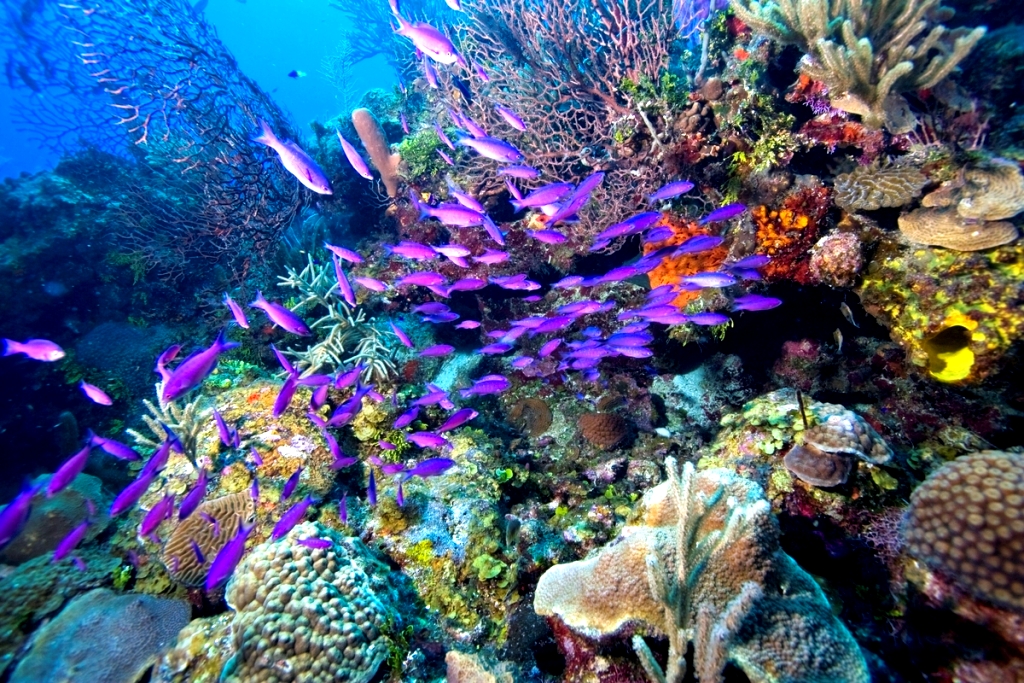
The seas around the British Isles are home to an exceptional variety of marine animals and plants.
While English people are most familiar with their shallow coastal waters, offshore areas of the UK and Ireland can reach depths of over 5,000 metres. These deeper waters are home to vast, cold-water coral reefs that can be over 8,000 years old, and are as fragile and colourful as their tropical counterparts. Yet there seems to be an enduring misconception that the waters around these islands are murky, boring and largely devoid of anything exciting.
This is dangerous because, like oceans around the world, these seas are under serious threat. Unless we care about these rich ecosystems, we will lose them. TV series such as Coast and Britain’s Secret Seas, along with wildlife and environmental groups, have done a huge amount of work to raise awareness, but many English people are still more knowledgeable about tropical reefs than kelp forests and the riches to be found just off their own shores.
Last week the Marine Conservation Society’s Great British Beach Clean revealed a 10% increase in litter on British beaches, with a high proportion of plastic packaging and smaller fragments. Plastic pollution is rightly recognised as one of the major threats to marine life and it is ubiquitous. Impacts around the UK range from leatherback turtles dying when plastic bags they mistake for their favoured jellyfish prey block their digestive tracts, to masses of tiny plastic filaments turning up in the stomachs of langoustines.
In many waters invasive species are proliferating, some assisted by rising sea temperatures, hitching rides on boats and using marine constructions as stepping stones. The carpet sea squirt has invaded marinas around the UK and has proved costly to deal with, while Pacific oysters, introduced deliberately for aquaculture, are outcompeting native species.
The amazing British Isles habitat is the horse mussel reef, where giant, elderly musselsknit themselves together with hundreds of other creatures to form a teeming, brightly coloured community to rival a tropical reef. The mussels build the seabed up into mounds and platforms that jump with life. Their shells are encrusted with sponges, coral-like seaweed and countless animals. Squat lobsters, tiny and red, wave their claws in the current to catch passing food.
Blue Planet II has showcased the importance of marine vegetation. Seagrass meadows are among the most threatened habitats in the world. British seagrass (known as eelgrass) grows best in just a few metres of water, making it well-lit and accessible to divers. Seahorses and their relatives pipefish are often associated with eelgrass.
But complex habitats such as horse mussel reefs and seagrass meadows are highly vulnerable to destruction by certain sorts of fishing gear, offshore development and other direct physical impacts. Degraded habitats can no longer support the same diversity of species, and the more severe the impact, the more likely they are to undergo a phase shift that makes it difficult, if not impossible, for them to recover.
Protecting them isn’t only about biodiversity. Conservation of the marine environment has to be balanced with people’s use of the sea. The UK has a long maritime heritage, and fishing and other marine industries are part of its culture and economy, still sustaining livelihoods around the coast.
Researchers at Heriot-Watt University, the Scottish Association for Marine Science and St Abbs Marine Station, working with the Welsh fishing industry, recently made the link between horse mussel reefs and common whelk fisheries, a growing industry in some parts of the British Isles. Whelks lay their eggs on the seabed (those papery, honeycomb masses you sometimes find washed up on the shore), and the baby whelks usually stay close to home. A food-rich nursery – like a horse mussel reef, with safe places to hide from predators – gives them a chance to survive. So protecting horse mussels is about sustaining a growing economic use of the sea. Similarly, British seagrass meadows act as nursery areas for many species, including commercial species such as plaice and flounder.
Evidence from around the world has shown how MPAs – marine protected areas – can safeguard marine life against the most serious threats, allow habitats to recover, and diversity and abundance to increase. Research has also demonstrated how they can assist in fisheries management, providing refuges for species to thrive and producing more planktonic offspring that can float out of the protected areas and help to re-seed areas for miles around.
Since 2010 more than 300 protected sites have been created, including two new special protection areas – for seabirds in the Irish Sea and off Cornwall.
In Ramsey Marine Nature Reserve off the Isle of Man, the horse mussel reef and eelgrass meadows are highly protected, with no commercial fishing permitted.
Trawlers, along with volunteer divers, are being mobilised around the British Isles to provide an early warning system to minimise the threat from invasive species. Volunteers also have a crucial role to play in tackling the global threat posed by marine litter, with a growing army of unpaid beach cleaners removing tons of litter from beaches every year.
With the escalating threat from climate change, ensuring that our ecosystems are as diverse and as resilient as possible will help us to adapt, and will assist in storing carbon that would otherwise add to the problem. Marine conservation and sustainable fisheries management are not luxuries: they are essential for the future of this blue planet.
And it is so fine English people don’t have to travel far to see species-rich reefs and extraordinary creatures. They have all these on their doorstep.



